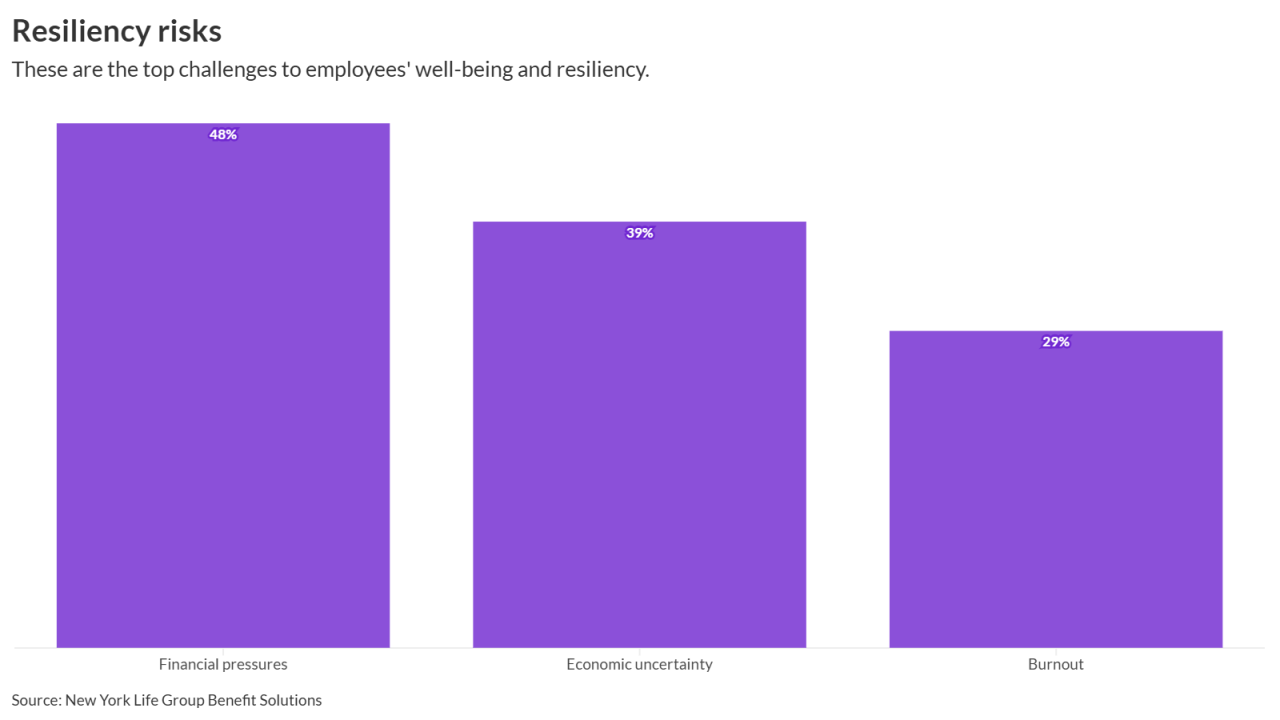The majority of businesses are raising wages and offering more flexible working conditions as they struggle to hire and retain staff, according to a UBS Group AG survey.
It found 74% of firms globally are offering more flexible hours, 71% more choice on work locations and 66% have increased base pay.
The push to offer better terms and conditions comes amid an
Read more:
Over 80% of respondents to the UBS survey said they are having problems with both recruitment and retention of staff.
Across the world, labor markets
Green Focus
Separately, the survey also found investors are increasingly confident about the outlook for sustainable investing, with 51% globally expecting returns to exceed traditional investing.
“Investors continue to remain optimistic about the economy and markets, and many plan to increase exposure to risk assets, including a focus on sustainable investments,” said Tom Naratil, co-president of UBS Global Wealth Management. “With climate change a top concern for investors, many will focus on the progress made at the UN Climate Change Conference (COP26) and any agreed new measures.”
The UBS quarterly investment sentiment survey is based on the responses of 3,004 investors with at least $1 million in investable assets and 1,202 business owners with at least $1 million in annual revenue surveyed from Sept. 28 to Oct. 18. The sample was split across 15 markets: Argentina, Brazil, Mainland China, France, Germany, Hong Kong, Italy, Japan, Mexico, Russia, Singapore, Switzerland, the UAE, the U.K. and the U.S.





